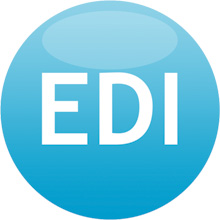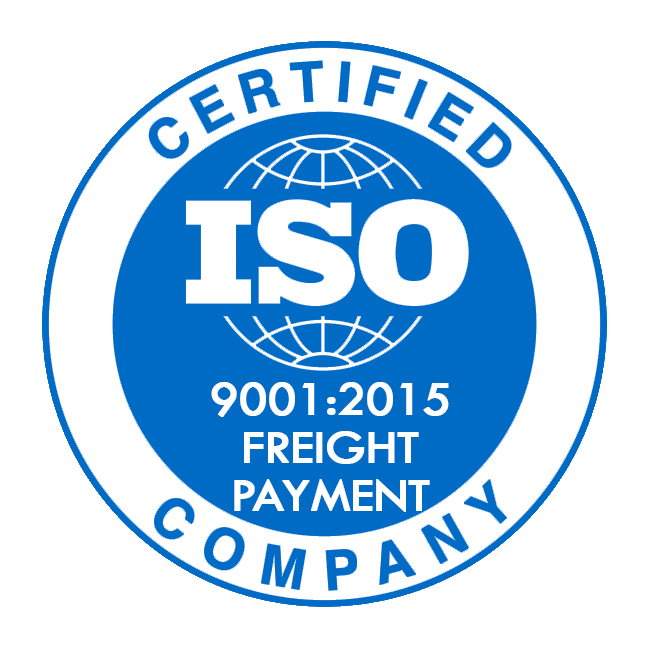CT Logistics’ Freight Bill EDI software capabilities
With CT Logistics’ freight bill EDI software, all data exchanges utilize acknowledgements that are sent between CT and Trading Partners to ensure no files are ever missed.
CT’s EDI software can create complex Inbound and Outbound maps. This allows CT to send and receive any type of multi-faceted EDI file.
CT uses translation software that takes the EDI format and converts it so that it can be imported into CT’s host system. This creates a Flat File or direct input into CT’s ODBC data source or directly into SAP.
 CT data mapping with EDI utilizes software that:
CT data mapping with EDI utilizes software that:
- Validates the EDI output
- Ensures that output follows the Specification Standards set by The American National Standards Institute (ANSI X12)
- Ensures Electronic Data Interchange For Administration, Commerce and Transport (EDIFACT).
Advantages of Freight Bill EDI
- The management of large volumes of transactions
- Reduced costs
- Elimination of delays
- Fewer data entry errors
- Faster processing
- Improved control of data/tracking
- Eliminate paper documents
CT works with all carriers to define how they will interact electronically, what EDI transaction types will be used, which standards will be followed and other communications concerns such as protocols and frequency of connections.
Common Freight Bill EDI Transaction Sets
- 110 Air Freight Details and Invoice
- 210 Motor Carrier Freight Details and Invoice
- 204 Motor Carrier Shipment Information
- 214 Transportation Carrier Shipment Status
- 310 Ocean Freight Receipt and Invoice
- 410 Rail Carrier Freight Details and Invoice
- 850 Purchase Order
- 856 Advanced Ship Notice
CT’s EDI Infrastructure consists of 4 main components:
- Standards
- Translation Software
- Client & Carrier Portal
- Value Added Network (VAN)
EDI Standards
These standards define each data exchange, component, element, and segment of the data set that carrier must comply with. Common standards are:
- ANSI X12 (American National Standards Institute)
- EDIFACT (EDI for Administration, Commerce and Trade)
- ANSI (The American National Standards Institute
- EDIFACT (Electronic Data Interchange for Administration, Commerce and Transport) A standard different from X12. It is usually used in European countries and among the automotive industry.








